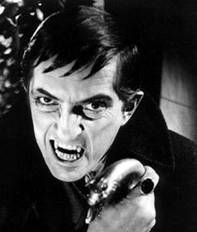Supernatural Spotlight – Episode 6.14 “Mannequin 3: The Reckoning”

Last episode ended with a cliffhanger, with Sam’s memories busting out from behind the mental wall that Death put up to keep them hidden. This episode begins about a minute later with Dean slapping Sam awake. He seems groggy and has a headache, but is otherwise little the worse for wear. Kind of an underwhelming resolution to a cliffhanger.
Cut to a janitor cleaning a science lab who, it appears, is murdered by the anatomy mannequin that normally hangs in the lab.
Once Dean lays down the law on no trips down memory lane for Sam, they begin investigating the janitor’s death. Their only lead is some funky electromagnetic readings at the science lab, focused on the anatomy dummy that Dean can’t help but pull bits and pieces off of … but they quickly get a break in the form of another murder, this time at a clothing factory.
Again, Sam’s electromagnetic scanner again goes haywire, giving him an idea. “Wait, that anatomy dummy you were molesting at the lab.”
“Excuse me?” Dean replies.
“What if that’s what this is about?”
Cautiously, Dean asks, “What exactly are you accusing me of?”
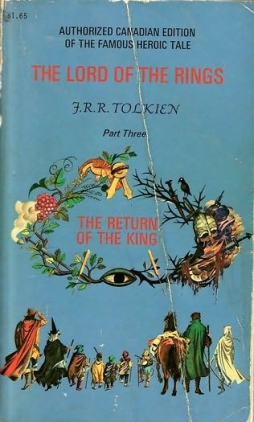 This post is the latest installment of an ongoing discussion in the fantasy blogosphere, which I think has raised some interesting questions about fantasy and the fantastic tradition.
This post is the latest installment of an ongoing discussion in the fantasy blogosphere, which I think has raised some interesting questions about fantasy and the fantastic tradition.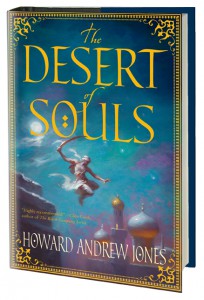
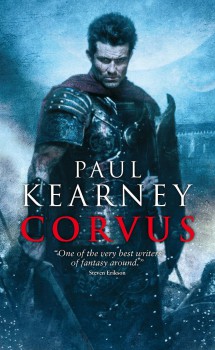
 Dhaka, the capital of Gano Projatontri Bangladesh. With a population of thirteen million the city was a madhouse. Buses and plastic Tata Kei Cars spewed thick smoke from their struggling two cylinder aluminum engines. The heat and pollution were stifling and the cacphony of car horns relentless. This place was more than enough to drive you mad. It was dirty. It was overcrowded. It was dangerous.
Dhaka, the capital of Gano Projatontri Bangladesh. With a population of thirteen million the city was a madhouse. Buses and plastic Tata Kei Cars spewed thick smoke from their struggling two cylinder aluminum engines. The heat and pollution were stifling and the cacphony of car horns relentless. This place was more than enough to drive you mad. It was dirty. It was overcrowded. It was dangerous.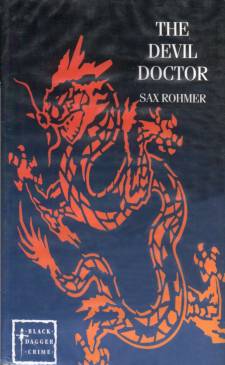
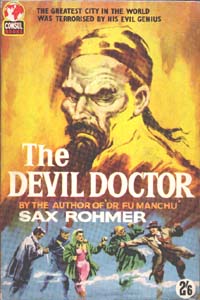
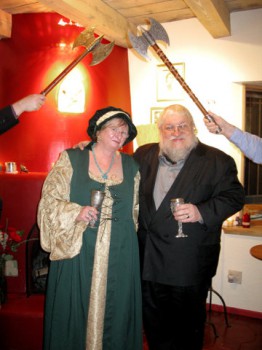
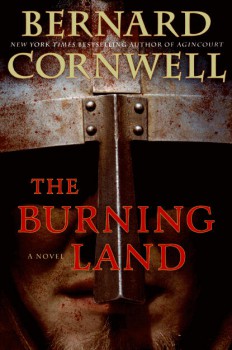 Conflict — internal to fictional protagonist Uhtred of Bebbanburg, and external to blood-soaked, fire-ravaged Britain — burns brightly in The Burning Land, the fifth and latest entry in Bernard Cornwell’s Saxon Stories, a partially fictionalized chronicle of the real-life Viking invasions that swept Dark Ages Britain.
Conflict — internal to fictional protagonist Uhtred of Bebbanburg, and external to blood-soaked, fire-ravaged Britain — burns brightly in The Burning Land, the fifth and latest entry in Bernard Cornwell’s Saxon Stories, a partially fictionalized chronicle of the real-life Viking invasions that swept Dark Ages Britain.
